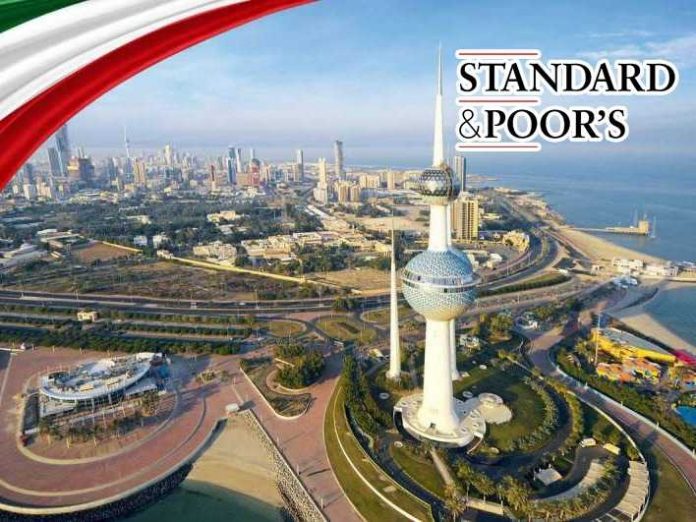Standard & Poor’s credit rating agency (S&P) expects that Kuwait will record the highest deficit-to-GDP ratio among the Gulf states in 2021, at 20 percent, followed by Bahrain and the UAE at 6 percent, Saudi Arabia 5 percent, Oman 4 percent, and Qatar 1 percent, Al Rai daily reported.
The agency estimated that the cumulative deficit of Gulf governments would reach about $355 billion in the period between 2021-2024. The Kingdom of Saudi Arabia, the largest economy in the region, would account for about 60 percent of this deficit, followed by Kuwait at 25 percent, and then the Emirates at 7% and Oman at 4%.
S&P also expected that Bahrain, Oman, and Saudi Arabia will finance most of their deficits through debt securities, while Abu Dhabi, Kuwait, and Qatar will rely more on liquidating part of their assets. Kuwait is likely to issue a public debt law in 2021. The fiscal deficit that the agency expects until 2024 implies that the borrowing that will be authorized under the law (which was previously proposed to have a ceiling of KD20 billion) will likely be exhausted within 3 years.
“As such, the current problems will likely return,” the agency said, stressing that any sustainable solution that lasts for a longer period could include a comprehensive program of reforms and measures to control public finances, including reducing subsidies, filling spending gaps, and imposing new taxes, like many others. From other Gulf countries.
It added that, however, such reforms remain difficult to achieve in Kuwait due to the confrontational nature of the relationship between Parliament and the government.
S&P indicated that thanks to the oil and gas wealth it possesses, some Gulf governments have accumulated large financial assets they can use to finance their public finances deficits, noting that government assets in Kuwait, Abu Dhabi, Qatar, Saudi Arabia, and Ras al-Khaimah exceed government debts, by a large margin in some cases. As for Bahrain, Oman, and Sharjah, the size of their debts exceeds the size of their assets.
The agency pointed out that Gulf governments may hesitate to liquidate the assets they have allocated for future generations, as is the case of the Kuwait Future Generations Fund.

















